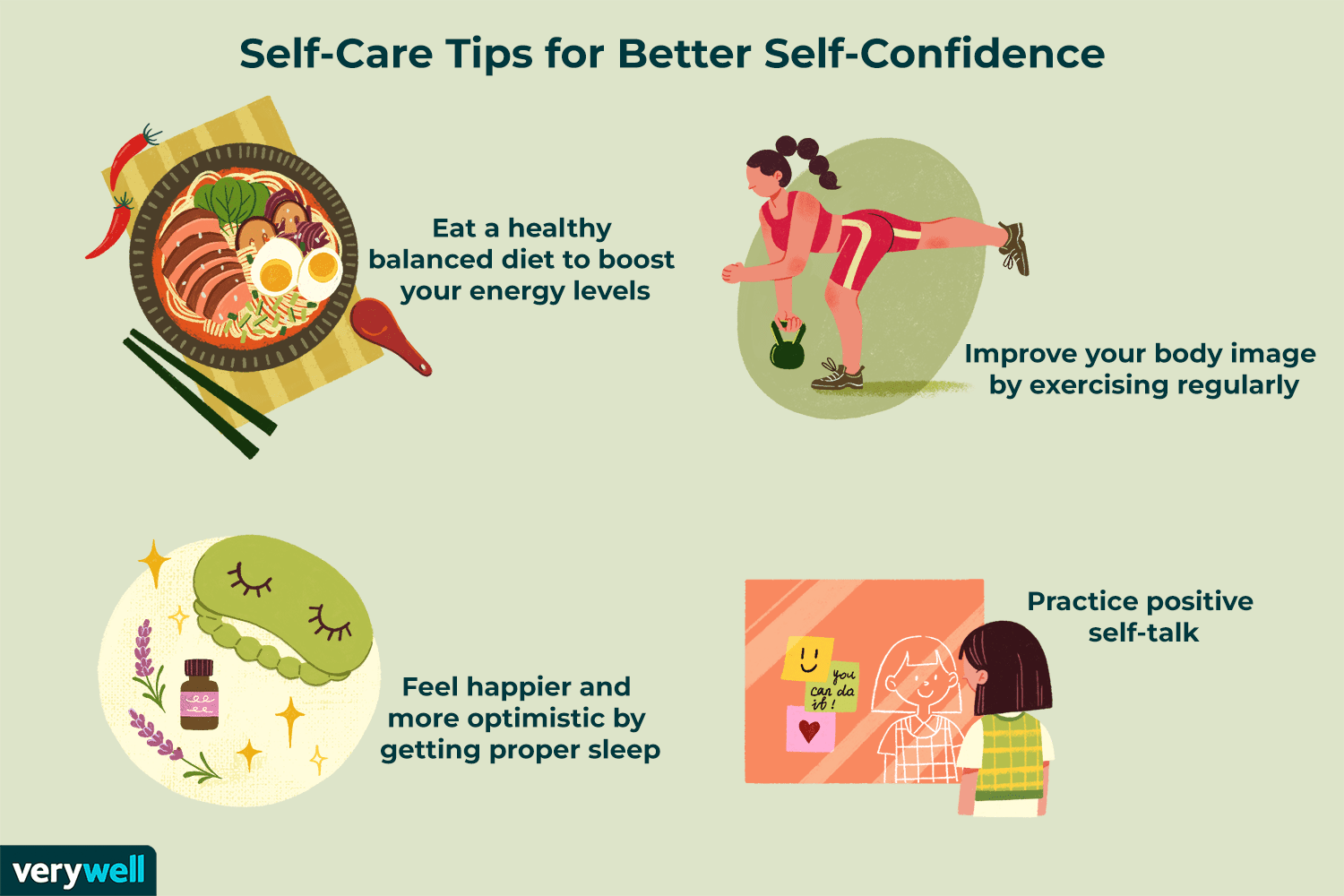Confidence is an essential building block of success. It is important to cultivate the confidence of kids from a young age so they can develop the courage to pursue their dreams. Effective strategies for instilling confidence in children can make all the difference in their future. From offering positive reinforcement to teaching them to stand up for themselves, there are many steps parents and teachers can take to foster self-assurance in kids. In this blog post, we will look at 10 simple strategies for building confidence in children. As a busy parent, it’s an Evryday Truth that time is a precious commodity and it’s important to make the most of the time you have with your family. These tips will help kids feel empowered to take on any challenges that come their way and feel comfortable expressing themselves. Additionally, these strategies will help adults learn how to communicate with children in an effective and meaningful way. Read on to learn more about these confidence-building techniques.
- Encourage effort, not perfection
Encouraging effort instead of perfection is an important strategy for building confidence in kids. Research suggests that praising children’s effort and hard work, rather than their intelligence, can produce positive outcomes. When kids understand that success comes from effort and perseverance, they’re more likely to take risks, try new things, and gain confidence in themselves and their abilities. Focusing on effort can help kids build a “growth mindset” and a sense of self-efficacy, leading to improved performance and greater confidence.
- Provide positive reinforcement
Positive reinforcement is one of the most effective tools for building confidence in kids. When your child does something well, recognize it, verbally praise their efforts, and reward them with a hug or a high five. This will help your kids learn that their hard work pays off, and that they can do anything they put their minds to. Not only will your child feel a sense of accomplishment, but they’ll also develop a sense of self-respect and self-confidence.
- Set realistic expectations
The third simple strategy for building confidence in kids is to set realistic expectations. It is important to remember that a child’s potential and capabilities are limited. As a parent, it is your job to help your children set realistic goals and expectations for themselves. Encourage them to measure themselves against their own progress, not against other children or adults. Setting achievable goals and encouraging your child to take small, achievable steps to reach them will help them gain a sense of accomplishment and build their confidence. Praise their efforts and successes, and remind them not to be too hard on themselves if they do not reach their goals on the first try.
- Help kids recognize their strengths
Every child has a unique set of strengths and abilities. One of the best ways to build confidence in kids is to help them recognize and understand their unique strengths and talents. This can be done through activities like writing down a list of their accomplishments, talking about the things they’re passionate about, and asking them to identify their top three strengths. Once kids recognize their strengths, they can use them as a foundation for building their confidence and self-esteem.
- Model self-acceptance and resilience
Modeling self-acceptance and resilience is a great way to encourage your child to develop self-confidence. This means you should demonstrate to them that you are comfortable with who you are, and that it’s ok to make mistakes and to learn from them. Show your children that you are able to cope with adversity and bounce back from hardships. Encourage them to celebrate themselves and their accomplishments, no matter how small. Let them know that every effort is worth recognizing and praising, and that mistakes are part of the learning process.
In conclusion, building confidence in kids can be a critical part of their development. Using simple strategies like praising their effort and providing positive feedback, setting achievable goals, and allowing them to make mistakes can help kids feel better about themselves and have greater self-confidence. Creating an environment of trust and safety is also important for helping kids build their self-confidence.

